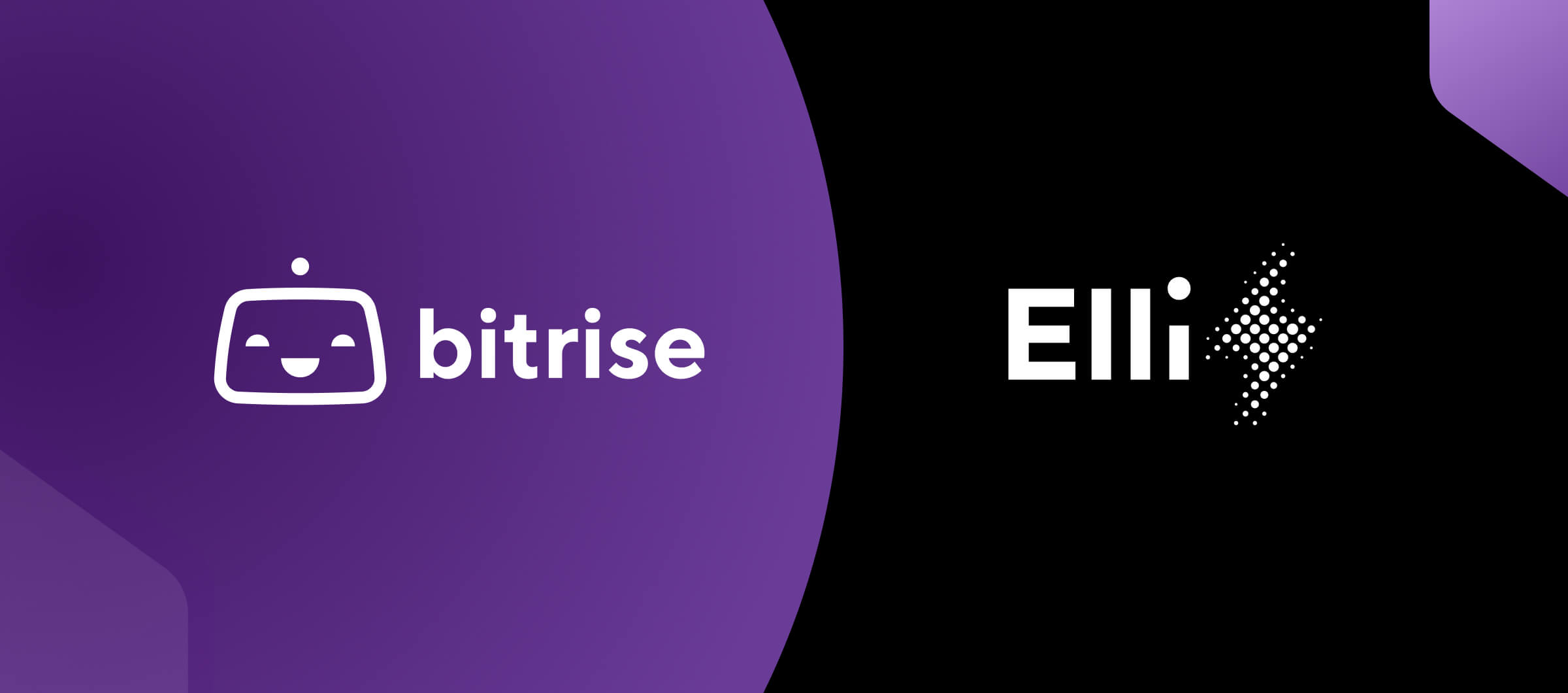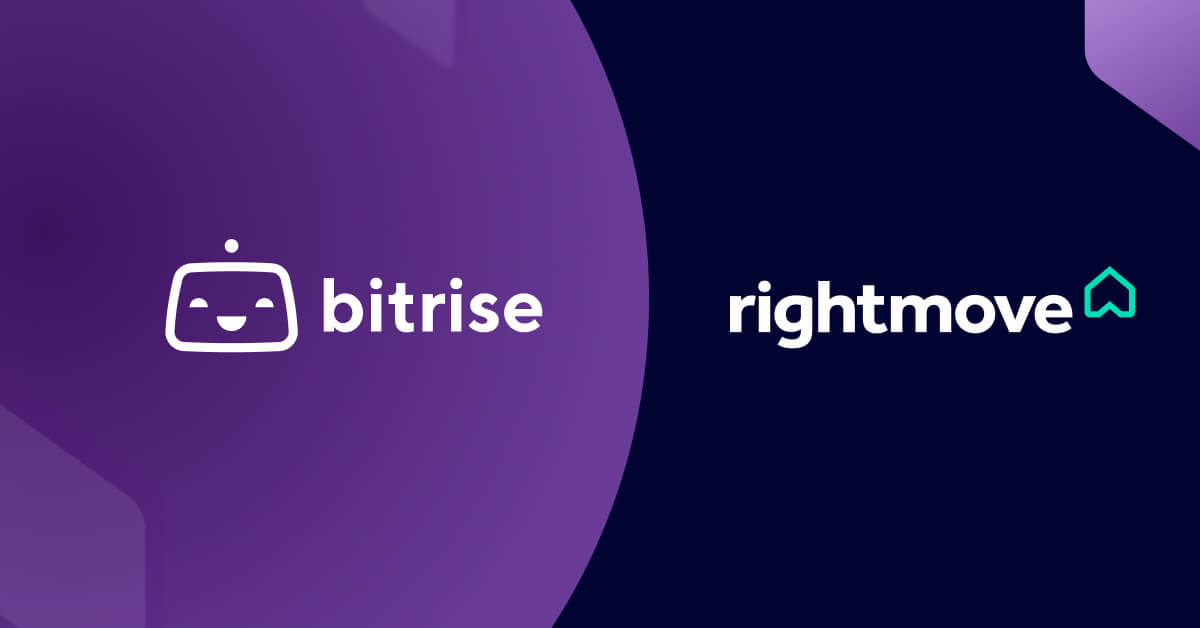At Bitrise, we enable customers to deliver mobile experiences to billions of devices every day. There are fantastic folks here making that possible, and in our Behind the Scenes series, you can get to know them too.
This time, we are chatting with Danielle Vass, Senior Software Engineer from the UK.
Can you share a little bit about yourself?
My name is Danielle Emma Vass, my initials spell DEV - whenever I worry that I’m not supposed to be a developer I remind myself that it’s literally my name.
I have mainly been a mobile developer since University, focusing on Android but occasionally helping out with some iOS and web development.
I also help organize codebar mobile, where we enable groups currently a minority in tech to learn programming skills. Regular workshops focus on web technologies, the mobile workshops focus on Android (Kotlin/Java) and iOS (Swift) skills.
Did you always know that working in technology was what you wanted to do? How did you decide to go into engineering/tech?
Actually, no! I originally wanted to do a degree in Psychology but I didn’t have the grades necessary for getting in anywhere. I figured that because the demand to study was high, the demand for jobs would also be high so it’d be much harder to get a good career if I did continue that path. I decided that I can always study the psychology part for fun in my own time.
I had always been “good” with computers. In primary school, I used to win certificates for the person who could type “the quick brown fox jumps over all the lazy dogs” the fastest.
However, I got put off from computing in secondary school, many of our subjects were streamed based on ability and I got put in the lowest class for computing because I was in the lowest set for Art and the two subjects shared a timeslot.
During secondary school, I played online games and made friends with people around the world. They were the people who encouraged me to consider pursuing a career with computers. I didn’t have any role models or people in my “real” life who understood this world or could help encourage me with what was possible. I very much accidentally entered this space.
When I started University, that’s where my love for mobile programming began. In my first year, I taught myself how to build my own Android app, which worked on Android 1.5 (Cupcake). I also took an iOS module in my second year where my teacher put it best - he enjoyed mobile programming because for the first time in his life non-techy people like his parents could tangibly see what he did for a living. He could hand them a mobile and let them explore his work.
I was fortunate in my final year to be able to volunteer in a local school with their computing classes as part of my degree. We spent one full day a week in the school helping with traditional lessons and then ran our own after-school club for students who were interested. This showed me the curriculum and the education sector is chaotic at best, but I could have a tangible impact with after-school clubs.
After I left University, I requested to work four days a week with my employer at the time so that I could volunteer one day a week at local schools again. Initially, I started an after-school club in a local all-girls school, but by the time I left Bath, I was running clubs in several schools. I wrote more about why I was sad to leave that.
Since moving to London, I’ve found this really difficult to get back into. Employers seem less happy to permit time off and schools are harder to get into unless you have your own children there. Hopefully, after the pandemic is over I can pick this back up again.
What is it like to be a woman working in technology for you?
For me, I’m not sure there is much difference anymore. I definitely felt it earlier on in my career.
During my first role in engineering, during my internship, I was told that girls can’t code and was placed in an HR role counting people's hours. They paid for several men in my internship cohort to learn iOS development, however when I raised that I had gone to the only university in Europe (at that time) that taught iOS skills, I still wasn’t allowed entry to the engineering roles. I also raised this with the University, however, they seemed to disregard my issue and instead said I had had a very good opportunity in a prestigious workplace.
This experience made me question significantly whether this was the kind of career I wanted. I’ve learned to be stubborn around what I want to get out of my career, and willing to move on if a company/role doesn’t align with the future I want for myself.
I think now I have the experience and title I’m much harder to ignore, and so thankfully this is less of an issue now. However, I still believe it’s important to support and speak up for less senior/less experienced engineers - they should have a better start than I did!
What’s your role at Bitrise? What do you do on a typical day?
My role at Bitrise is Android engineer on the Trace team. Trace is an SDK for mobile platforms that will help developers detect, identify, and resolve issues before users report them.
An SDK engineer is very different from an app developer role. Firstly, we have to focus on good quality code if other developers are going to want to use your library in their apps. It also has an important element of communication. We have to write good documentation to help people integrate with us. We have to be helpful with any support questions and issues that may come up.
Personally, these are both areas that are of importance to me, and so being able to spend more time focusing on them I hope will help me improve as an engineer.
Why did you choose to work at Bitrise, how did it turn out?
I chose to work at Bitrise so that I could work collaboratively with other people. My previous company also had become remote due to the pandemic, but as the only Android engineer at the company, I spent days and weeks mainly on my own with little contact time with others. I enjoy working and learning from others.
What learning/growth opportunities have impacted you most?
In 2014 I funded myself to attend a conference called write/speak/code in New York City for female engineers - it was a 3 days conference where they helped build leadership qualities with other women in tech. This was my first real connection with other female engineers - many of whom still support and encourage me to this day!
What do you think is the best part of being a woman in the tech industry?
The friendships - other women in tech know what it’s like - are happy to share resources/connections/support/anything we need to succeed!
What advice would you give to a woman considering a career in the tech industry? What do you wish you had known?
Find your people — the people you can turn to and share the good times and also lean on to lift you up when things get difficult. And be stubborn when you need to be, you deserve to be here too.
Thanks so much to Danielle for a great interview and a look into her life as a Senior Software Engineer at Bitrise. Want to work with Danielle? Check out our current job openings.




